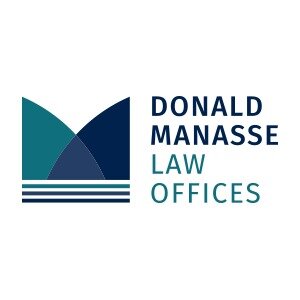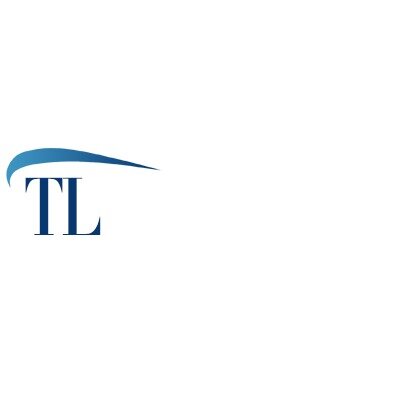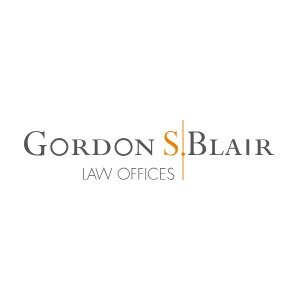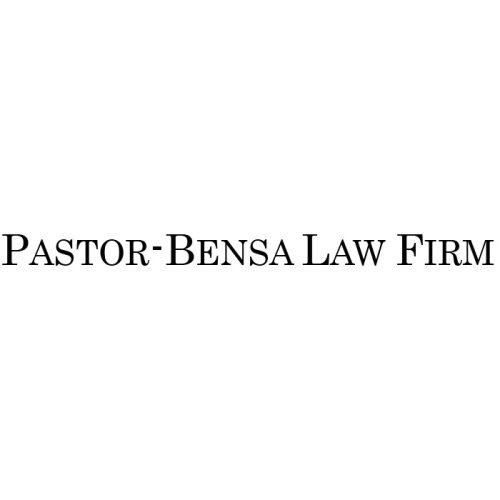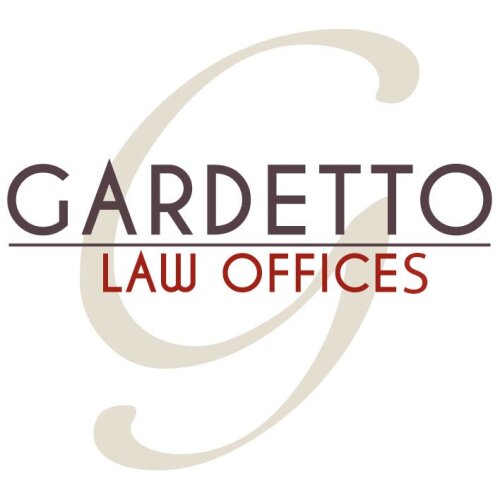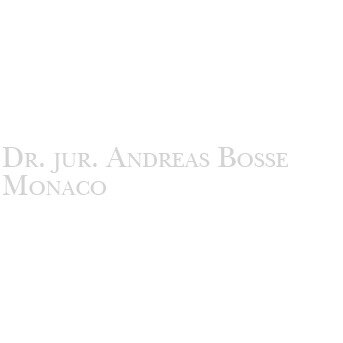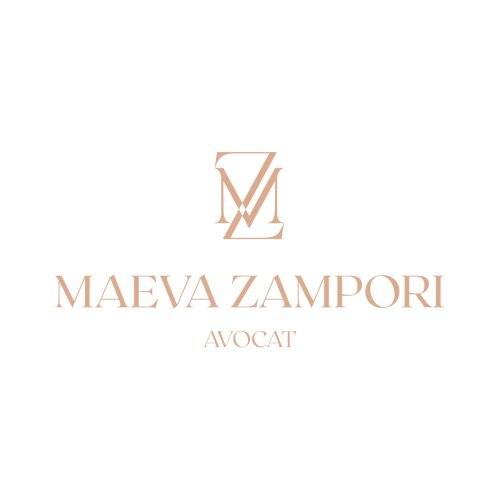Best Water Law Lawyers in Monaco
Share your needs with us, get contacted by law firms.
Free. Takes 2 min.
List of the best lawyers in Monaco, Monaco
About Water Law in Monaco, Monaco
Water law in Monaco governs the management, distribution, and protection of water resources within the Principality. Given Monaco's small geographic size and coastal location on the Mediterranean, ensuring the quality and sustainable use of water is critical for both the environment and the local population. Water law in Monaco addresses issues such as water rights, pollution, sewerage, wastewater treatment, and the use of marine resources. Regulations are designed to align with international standards and treaties, especially those that impact the Mediterranean basin.
Why You May Need a Lawyer
Water law can be a complex field, integrating local regulations, international treaties, and environmental standards. You may need a lawyer if you encounter issues such as:
- Disputes over property boundaries involving coastal or water access
- Development or construction projects near water bodies requiring permits or environmental assessments
- Allegations of water pollution, illegal discharge, or non-compliance with treatment regulations
- Business operations in sectors that use or impact water resources, such as yachting, hospitality, or real estate development
- Understanding or contesting water utility bills, public water use restrictions, or water allocation
- Clarifying responsibilities regarding wastewater management in residential or commercial properties
- Implementing sustainable water usage strategies to comply with Monaco's environmental commitments
Local Laws Overview
Monaco’s water-related legislation addresses both freshwater and marine environments. Some key aspects of the legal framework include:
- Water Supply and Quality: The government ensures public access to potable water, sets standards for drinking water quality, and regulates water sourcing, often in collaboration with France.
- Sewerage and Wastewater: Strict regulations apply to the collection, treatment, and discharge of wastewater. Properties are required to connect to the collective sewer system where available.
- Pollution Control: Monaco enforces stringent restrictions on the discharge of pollutants into both inland waters and the sea. Permits are needed for any activity that risks contaminating water resources.
- Environmental Protection: The Principality is a signatory to international agreements protecting the Mediterranean, and local laws aim to harmonize with these commitments, including marine protected areas and anti-pollution programs.
- Development Near Water: Special permits, impact studies, and public consultations may be required for developments near the coast or waterways.
- Water-Related Disputes: Legal processes exist to resolve conflicts between individuals, businesses, and authorities regarding water rights, use, and quality.
Frequently Asked Questions
What governing body oversees water regulation in Monaco?
The Direction de l’Aménagement Urbain (Urban Planning Directorate) and the Service de l’Environnement (Environment Department) oversee water regulation, quality control, and resource management in Monaco.
Is all tap water in Monaco potable?
Yes, Monaco’s tap water meets strict safety and quality standards, making it safe for drinking unless otherwise specified during rare maintenance activities or alerts.
Do I need a permit to discharge wastewater from my property?
Yes, discharging wastewater, especially from commercial activities, generally requires permits and must comply with specific treatment and quality standards.
What should I do if I suspect illegal pollution of water near my home?
You should promptly contact the Service de l’Environnement or local authorities, who can investigate and take corrective or legal action if necessary.
Are there restrictions on developing near the coastline?
Yes, developments near water bodies or the coast require environmental impact assessments and adherence to regulations designed to protect marine and freshwater resources.
Can I use marine water for domestic or business purposes?
Any use of marine water, such as desalination projects or direct intake, requires authorization from relevant government departments and must comply with environmental rules.
How is water scarcity managed in Monaco?
Monaco employs efficient water management practices, including conservation initiatives, public information campaigns, and collaborative agreements with French suppliers.
What are the penalties for violating water laws?
Penalties can include fines, remediation orders, or, in severe cases, suspension of business operations and legal prosecution, depending on the infraction’s nature.
How are cross-border water issues handled?
Monaco coordinates with French authorities and international bodies to address cross-border water management, pollution, and resource sharing under specific treaties and cooperation agreements.
How do I resolve a dispute about water use or property rights?
Disputes are typically handled through negotiation, mediation, or court proceedings, often with legal counsel to ensure rights and regulations are respected.
Additional Resources
If you need more information or wish to report an issue, the following resources can be helpful:
- Service de l’Environnement - Direction de l’Aménagement Urbain: Government agency managing water resources and pollution control.
- Service de l’Hygiène Publique: Oversees public health and water quality standards.
- Mairie de Monaco (Town Hall): Provides information on local regulations, permits, and community resources.
- Order of Lawyers in Monaco: For referrals to lawyers specializing in environmental and water law.
- Monaco Info - Environment Department Publications: Official updates on regulations, public notices, and environmental campaigns.
Next Steps
If you believe you require legal assistance regarding water law in Monaco, consider the following steps:
- Clearly identify your issue - whether it involves pollution, development, water usage, or a dispute.
- Gather all relevant documentation, such as property deeds, permits, correspondence, and any communications from authorities.
- Contact the relevant government department to seek clarification or report issues, as many minor matters can be resolved administratively.
- If the issue persists or is complex, consult with a licensed lawyer in Monaco who is experienced in water and environmental law.
- Participate in any required mediation or administrative hearings, with legal representation if needed, to protect your rights and comply with local regulations.
- Stay informed about changes in water regulation by subscribing to official notices or consulting local legal updates.
Early legal advice can prevent escalation and help protect both your property and local water resources. Monaco’s legal framework is designed to safeguard its unique environment, so compliance and informed action are always recommended.
Lawzana helps you find the best lawyers and law firms in Monaco through a curated and pre-screened list of qualified legal professionals. Our platform offers rankings and detailed profiles of attorneys and law firms, allowing you to compare based on practice areas, including Water Law, experience, and client feedback.
Each profile includes a description of the firm's areas of practice, client reviews, team members and partners, year of establishment, spoken languages, office locations, contact information, social media presence, and any published articles or resources. Most firms on our platform speak English and are experienced in both local and international legal matters.
Get a quote from top-rated law firms in Monaco, Monaco — quickly, securely, and without unnecessary hassle.
Disclaimer:
The information provided on this page is for general informational purposes only and does not constitute legal advice. While we strive to ensure the accuracy and relevance of the content, legal information may change over time, and interpretations of the law can vary. You should always consult with a qualified legal professional for advice specific to your situation.
We disclaim all liability for actions taken or not taken based on the content of this page. If you believe any information is incorrect or outdated, please contact us, and we will review and update it where appropriate.



